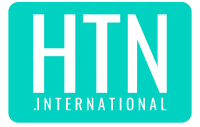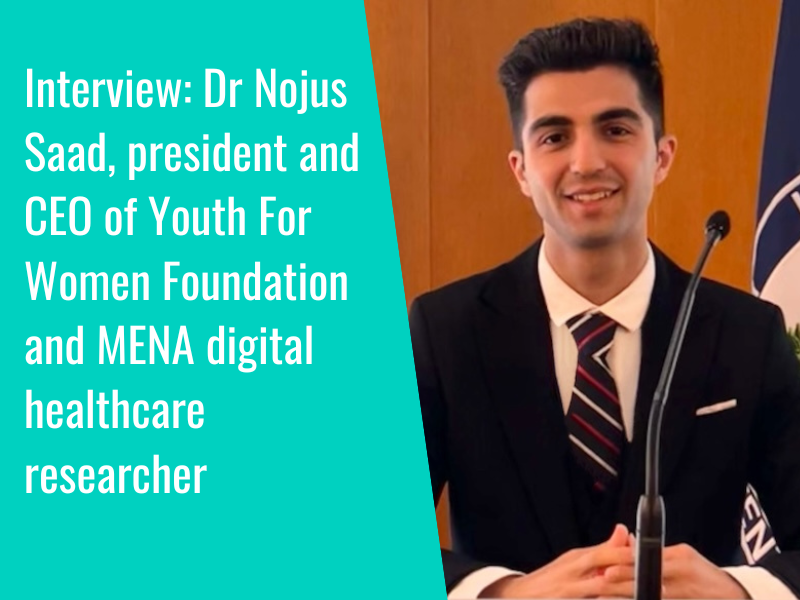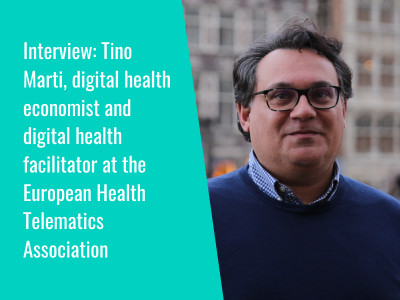MEPs have reached an agreement with the European Council on the contents of the new Artificial Intelligence Act, which aims to make Europe a world leader in AI innovation, whilst ensuring that “fundamental rights, democracy, the rule of law and environmental sustainability are protected from high risk AI”.
The new Act establishes obligations for AI based on potential risks and level of impact. For AI systems deemed to be high risk, including those with “significant potential harm to health”, MEPs include a mandatory fundamental rights impact assessment, along with the right for citizens to launch complaints about AI systems and to “receive explanations about decisions based on high-risk AI systems that impact their rights”.
Recognising the the potential threat to citizens’ rights and democracy arising from certain applications of AI, co-legislators further agreed to ban systems that use biometric categorisation using sensitive characteristics such as religion, sexual orientation and race; the “untargeted scraping of facial images from the internet or CCTV footage to create facial recognition databases”; and AI systems that either manipulate human behaviour or exploit vulnerabilities such as age, disability or economic situation.
Accounting for the rapidly evolving nature of AI applications, guardrails have been established to ensure that general-purpose AI systems adhere to transparency requirements, including compliance with EU copyright law, and the provision of detailed summaries about the content used for training. Serious incidents will have to be reported to the Commission for those high impact GPAI models with systemic risk.
In support of innovation and SMEs, the Act promotes regulatory sandboxes and real-world testing, to “develop and train innovative AI before placement on the market”.
Dragos Tudorache, lead MEP, said: “The EU is the first in the world to set in place robust regulation on AI, guiding its development and evolution in a human-centric direction. The AI Act sets rules for large, powerful AI models, ensuring they do not present systemic risks to the Union and offers strong safeguards for our citizens and our democracies against any abuses of technology by public authorities. It protects our SMEs, strengthens our capacity to innovate and lead in the field of AI, and protects vulnerable sectors of our economy. The European Union has made impressive contributions to the world; the AI Act is another one that will significantly impact our digital future.”
Elsewhere on AI, the WHO has launched an artificial intelligence digital health worker, Florence, with support from the Qatar Ministry of Health.
Oracle, a US company, has also announced that it will be harnessing generative AI technology to help clinicians reduce administrative pressures.
- 1
- 2














